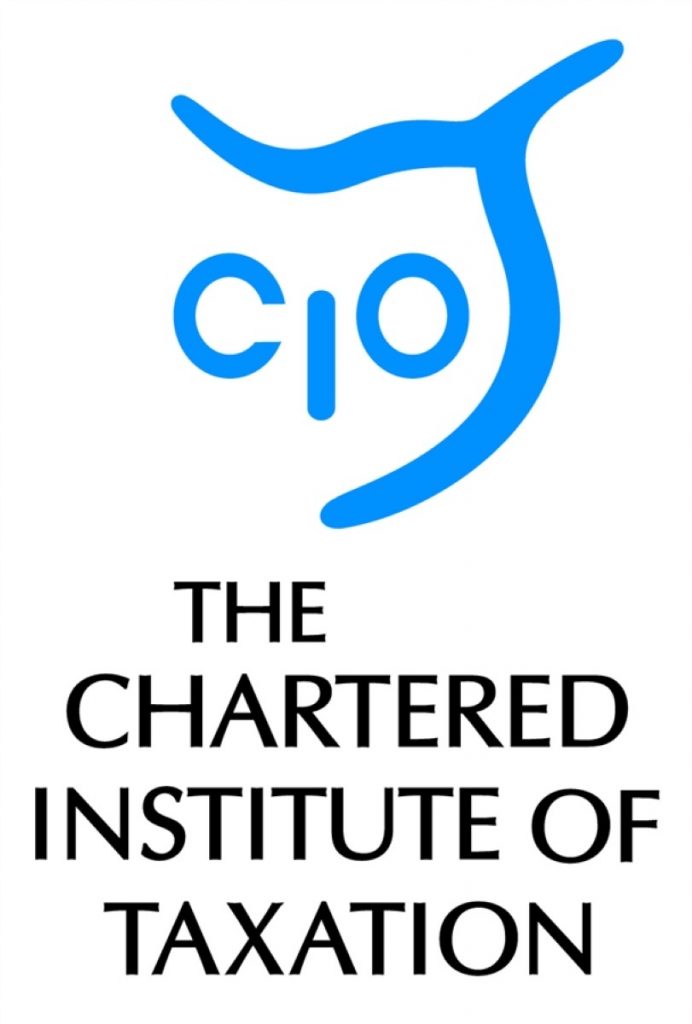CIOT: Draft tax avoidance measures “too important measures to rush”
The Chartered Institute of Taxation (CIOT) supports the delay by HM Revenue & Customs (HMRC) in publishing the draft legislation to implement proposals to designate high-risk promoters and to allow HMRC to follow up tribunal or court decisions in HMRC’s favour in avoidance cases. The CIOT believes that these are too important measures to rush: they need to be ‘right first time’.
This follows today’s announcement by HMRC that the draft legislation for Finance Bill 2014 for these two areas will be published in January, rather than today as had been anticipated.
Stephen Coleclough, President of the CIOT said:
“The Government are right to target promoters of abusive tax avoidance schemes. ‘High-Risk Promoters’ (HRPs), as they are called by HMRC, can cause significant problems for not only HMRC but also mainstream tax advisers and their clients.
“While a pragmatic solution is required to this problem area, it is vital that HMRC get the definitions of HRPs and ‘follower cases’ right and do not tip the ‘playing field’ nor unfairly target uninformed/misinformed clients of HRPs, particularly the man on the street who is sold a tax scheme, who should be distinguished from a sophisticated investor.
“It is crucial to ensure that the legislation is clear and, as far as possible, is not open to different interpretations by those involved. The resulting legislation must not give rise to further burdens on the majority of tax advisers who do not engage in this sort of activity.
“Our discussions with HMRC have shown how difficult it will be to get this right, so I am pleased to see that HMRC is taking more time to work out how to deal with the points raised in the consultation. This is something that has to be ‘right first time’: rushing into legislation with loose ends and unclear issues would not help the Government achieve their aims in this area.
“On HRPs it will be crucial for the definition to be tightly defined and for the ramifications of being named to have adequate safeguards, to ensure that only those few promoters at whom this is targeted are caught.”
Notes for editors
1. The CIOT’s response to the consultation on ‘Raising the Stakes on Tax Avoidance’ is here.
2. The Chartered Institute of Taxation
The Chartered Institute of Taxation (CIOT) is the leading professional body in the United Kingdom concerned solely with taxation. The CIOT is an educational charity, promoting education and study of the administration and practice of taxation. One of our key aims is to work for a better, more efficient, tax system for all affected by it – taxpayers, their advisers and the authorities. The CIOT’s work covers all aspects of taxation, including direct and indirect taxes and duties. Through our Low Incomes Tax Reform Group (LITRG), the CIOT has a particular focus on improving the tax system, including tax credits and benefits, for the unrepresented taxpayer.
The CIOT draws on our members’ experience in private practice, commerce and industry, government and academia to improve tax administration and propose and explain how tax policy objectives can most effectively be achieved. We also link to, and draw on, similar leading professional tax bodies in other countries. The CIOT’s comments and recommendations on tax issues are made in line with our charitable objectives: we are politically neutral in our work.
The CIOT’s 17,000 members have the practising title of ‘Chartered Tax Adviser’ and the designatory letters ‘CTA’, to represent the leading tax qualification.
George Crozier
External Relations Manager
D: +44 (0)20 7340 0569
M: +44 (0)7740 477374





-01.png)